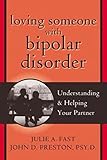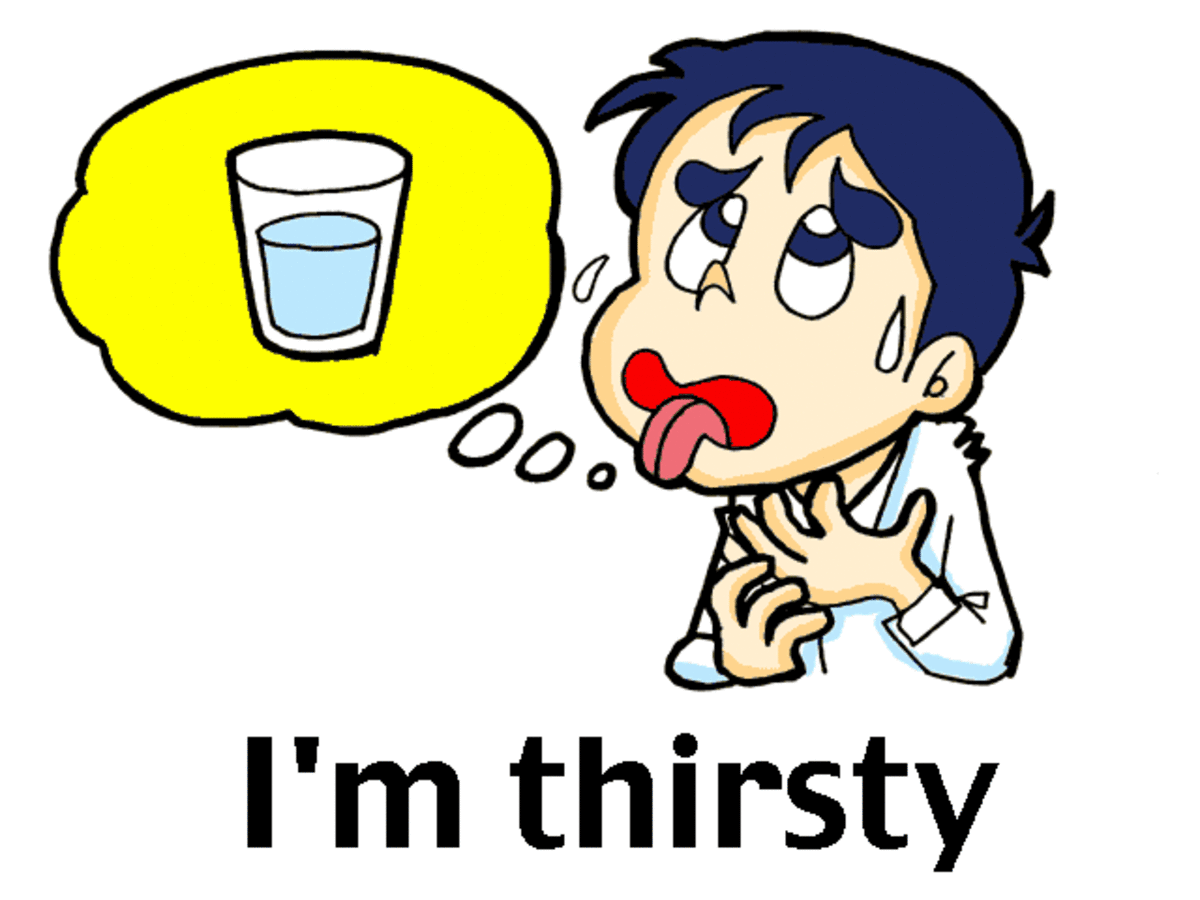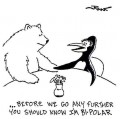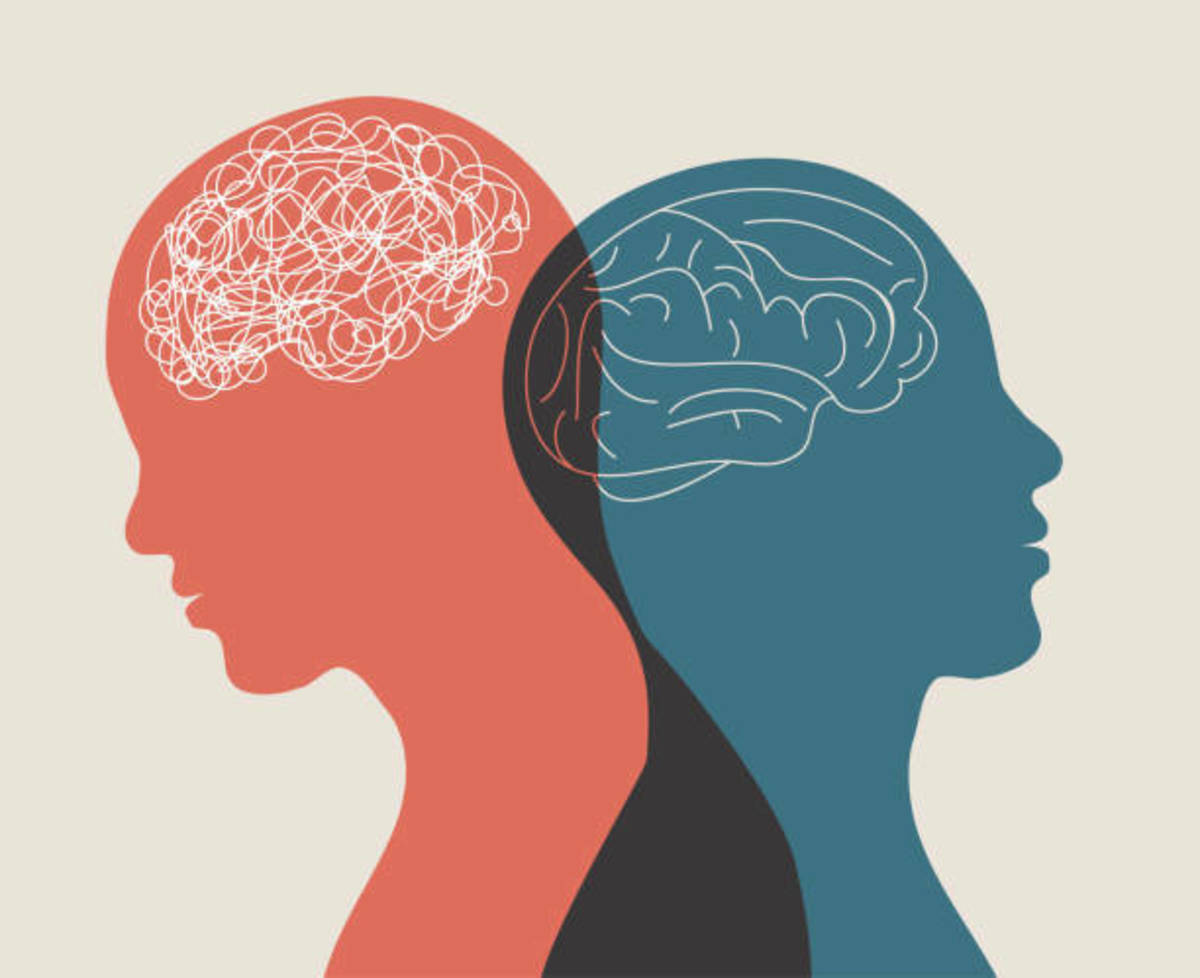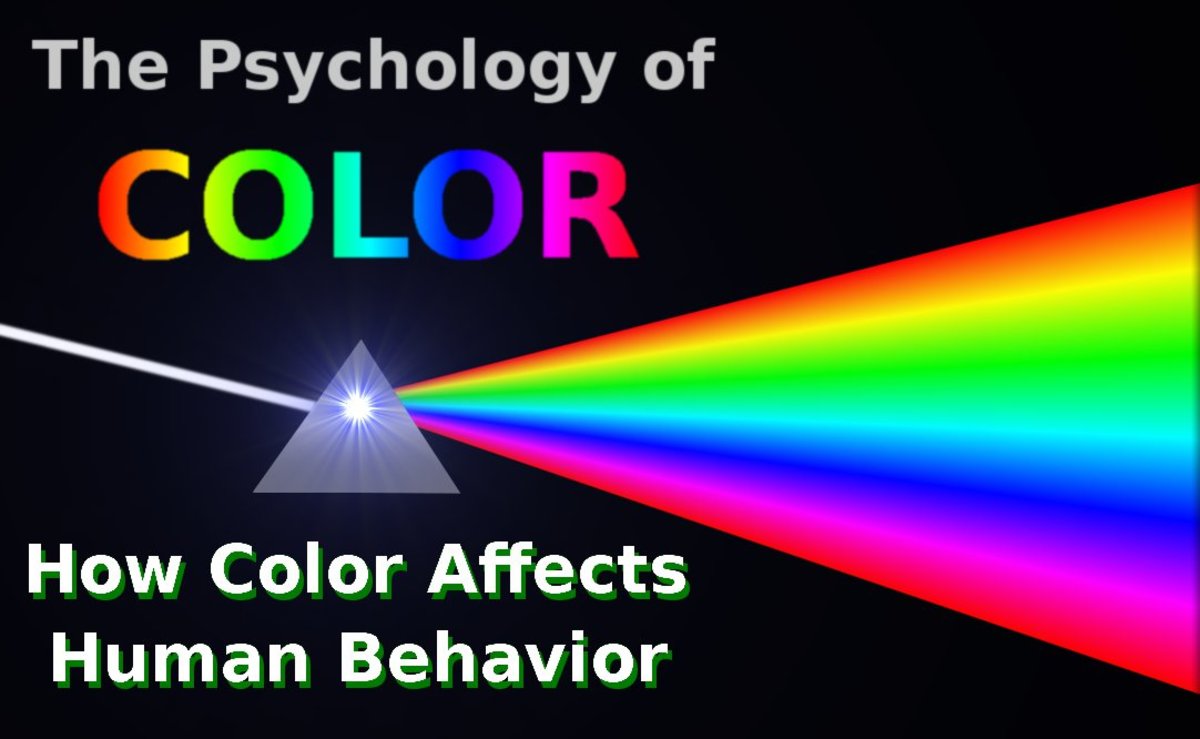How NOT to Talk to a Person with Bipolar Disorder

It's Real, Folks
With all of the recent "hype" around bipolar disorder and the vast number of people diagnosed with it every day, it seems that many people are beginning to feel like it isn't real and maybe just an easy way to describe someone who is "crazy". I think people are sick of hearing that everyone under the sun has bipolar disorder and it is just a quickie diagnosis. In fact, I hear people joking about it all of the time. It's not a joke, folks.
Speaking from the vantage point of a person who has bipolar disorder, I can assure you it is very real and it is not a new phenomenon. People have suffered from this condition, previously known as manic depression, since the early ages. The first recorded mention of mental illness dates back to Egyptian hieroglyphs. The ancient Greeks described different moods through the balance of four humors, or "biles", which included melancholia, or black bile, to describe a depressed state. Hippocrates coined the term "melancholy" in the sixth century BC. Roman writings from the second century show a link between the depressed and manic states.
Despite the "popularization" of bipolar disorder, let's not forget the fact that it is a serious medical condition that affects otherwise normal people. Many famous and hugely successful people have or had bipolar disorder, many of them incredibly talented and creative. Some of these people include Emily Dickinson, Einstein, Ernest Hemingway, Jesse Jackson, Abraham Lincoln, Axl Rose, Jimmy Hendrix, and Ben Stiller. In fact, some of the people you see day-to-day may have bipolar disorder.
It is important to know how to talk to people with mental illness, including bipolar. We are normal people, with feelings, who contribute greatly to society despite a so-called disadvantage. This lens will look more closely at the disorder, how to talk to people who have bipolar disorder, and how NOT to talk to people with bipolar disorder.
Photo credit: http://www.nosomosperfectos.com/2011/01/estamos-an...
For image/photo credits on this page, roll over the image.
Not Just Black and White

Bipolar disorder is called such because people who have it fluctuate between very high moods, or mania, and very low moods, or depression. A person who is manic will usually be extremely happy, energetic, motivated, and creative. Notice I said "usually". Sometimes mania is a very frightening experience and is not fun at all. Many people who are manic can behave irrationally and take part in self-destructive behaviors. A step below full-blown mania is hypo-mania. People in a hypo-manic state are very happy and creative, but generally don't go overboard like in the manic state. I won't bother describing the depressed state since we all pretty much know what it is all about.
A common misconception is that people who have bipolar disorder are always in one of the above states, which is not true. Much of the time, if not most of the time, we feel "normal" and feel just like any other person would. In fact, every person in the world has an array of moods and feelings that fluctuate between extreme happiness and sadness. Our moods are just a little more extreme.
My point is, just because someone has bipolar disorder does not mean they are either manic or depressed at every single moment. We have a whole slew of emotions and moods that we alternate between, just like "normal" people, and most of the time we're not in either the super-high or super-low state, but somewhere in between. I am speaking from my perspective and, of course, not speaking for every single person out there who has bipolar disorder.

Watch Your Use of the Word "Crazy"
Ok, so many people with bipolar disorder may jokingly call themselves crazy and allow friends to joke about it too, but generally is it NOT a good idea to refer to anyone as crazy! Look at the picture - do I look crazy? Would I be a wonderful mom and wife if I was? Well, there may be a tinge of craziness in me, but, isn't there in everyone?
Update: Recently, someone I had recently reconnected with on Facebook, after I mentioned that I had bipolar disorder, proceeded to tell me I was crazy and asked that I never talk to them again. Can you imagine the ignorance and coldness? Please, whatever you do in life, do NOT talk to people like this. It stings.
Learn More About Bipolar Disorder
We are Not "Bipolars"
As a person who has bipolar disorder, I'm just that: a person who has bipolar disorder. I'm not "a bipolar". Just like a person who has cancer is not "a cancer". I'm not exactly sure if there is a correct term for people who have bipolar disorder, but I do think that referring to us as "bipolars" is highly offensive. At least it is to me. It isn't because I'm embarrassed about having bipolar disorder, because I'm not. It just seems that calling someone by the actual name of the disease somehow equates the person with the disease, as if this is the only thing about them that matters. Does that make sense? It is hard to describe what I mean, but, suffice it to say, I think it is an offensive term and you should avoid it when speaking to someone who has bipolar disorder.
Before posting that funny bipolar joke or comment on your Facebook page or elsewhere, stop and THINK! Chances are a friend or two has bipolar disorder and you are not aware of it. Jokes about mental illness are not funny and can be hurtful, offensive, and a bunch of other negative things.

Don't Say This:
One time I got angry at one of my children or my husband or something, and I yelled (I never yell). The first thing my husband said was, "Are you feeling bipolar?" Is this an appropriate thing to say to someone? No, you're right, it is NOT! First of all, I was not "feeling bipolar", whatever that means. Second, I, just like everyone else, can get mad or have other normal feelings. Third, this was a very rude, demeaning, and insensitive thing to say. (Mind you, my husband is a very understanding and awesome person... I think that comment just sort of slipped out...and after seeing the look on my face, I believe he learned his lesson real quick!)
Famous People With Bipolar Disorder - Ya see? We're everywhere!

Show Us Some Love!
Take the time to understand
Do you love someone who has bipolar disorder? Chances are, you do. Whether he or she is a spouse, a friend, an aunt, or a cousin, if you take the time to really try to understand what bipolar disorder is and what it feels like, you really will show this person that they are cared for. Don't tiptoe around the subject. Most of us are NOT ashamed of having bipolar disorder and we DO want to talk about it with interested people. Again, I am not speaking for every single person who has the disorder, but for myself and many people I know. Feel free to say something like, "How have you been feeling lately?" or "What does bipolar disorder feel like?". We'll tell you, and, more importantly, we will be highly appreciative that someone has taken the time to try to understand and show support. You wouldn't believe how many people totally ignore the subject because they are afraid of it. If you don't know enough about it but would like to, simply ask us. We don't bite. We are not ashamed of having this disorder, nor should we be.
I understand the feeling of tiptoeing around a subject, though. For instance, if someone is going through a divorce, it is difficult to know what to say. I suppose just being honest is the best policy. If a friend said to me, "I don't know anything about bipolar disorder and I don't know what to say because I might offend you.", I would really appreciate just the fact that she brought it up instead of hiding it, like it is some sort of deep, dark secret.
I am very open about the fact that I have bipolar disorder because I am not ashamed, whereas many people are. In fact, much of the time I consider it to be a blessing. Not everyone shares my thoughts on this, but, wouldn't it be interesting to get inside your loved-one's head for awhile and take a walk in their shoes?
We Can't "Get Over It"
Bipolar disorder is a chemical condition that cannot simply be ignored and pushed to the side. If in the depressed or manic state, a person cannot simply "feel better" at will. Normally, people with bipolar require medications in order to control their moods. We do not control our moods. Ok, so sometimes may exacerbate the situation by getting down on ourselves, because I'm well aware that I do this on occasion, but it is not possible for people to simply snap out of depression, mania, or even a hypo-manic state.
It is very difficult to know what to say to a person who is having trouble with bipolar disorder, I understand this. Much of the time, simply being there to listen to someone vent is appropriate. Reassuring and showing love to your friend or family member is essential as well. Refrain from telling the person to "cheer up" or "feel better" or "get over it" at all costs. Believe me, if we could, we would.

